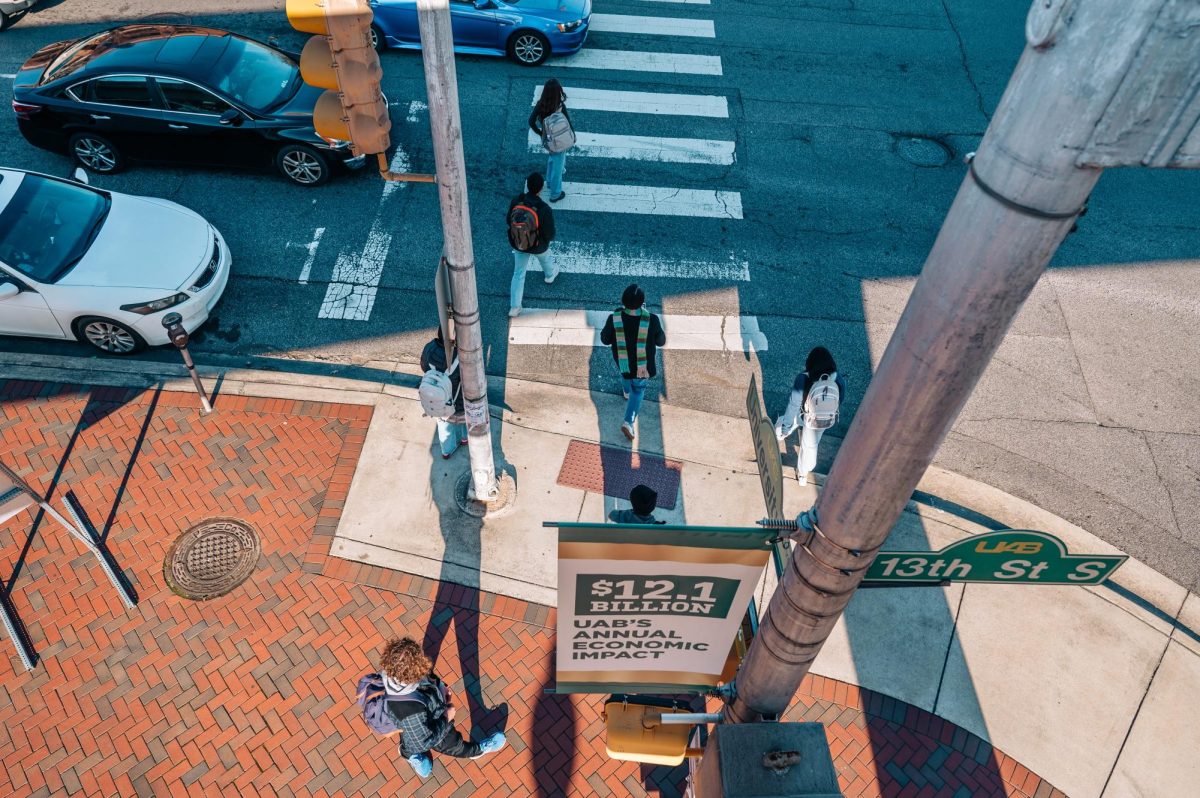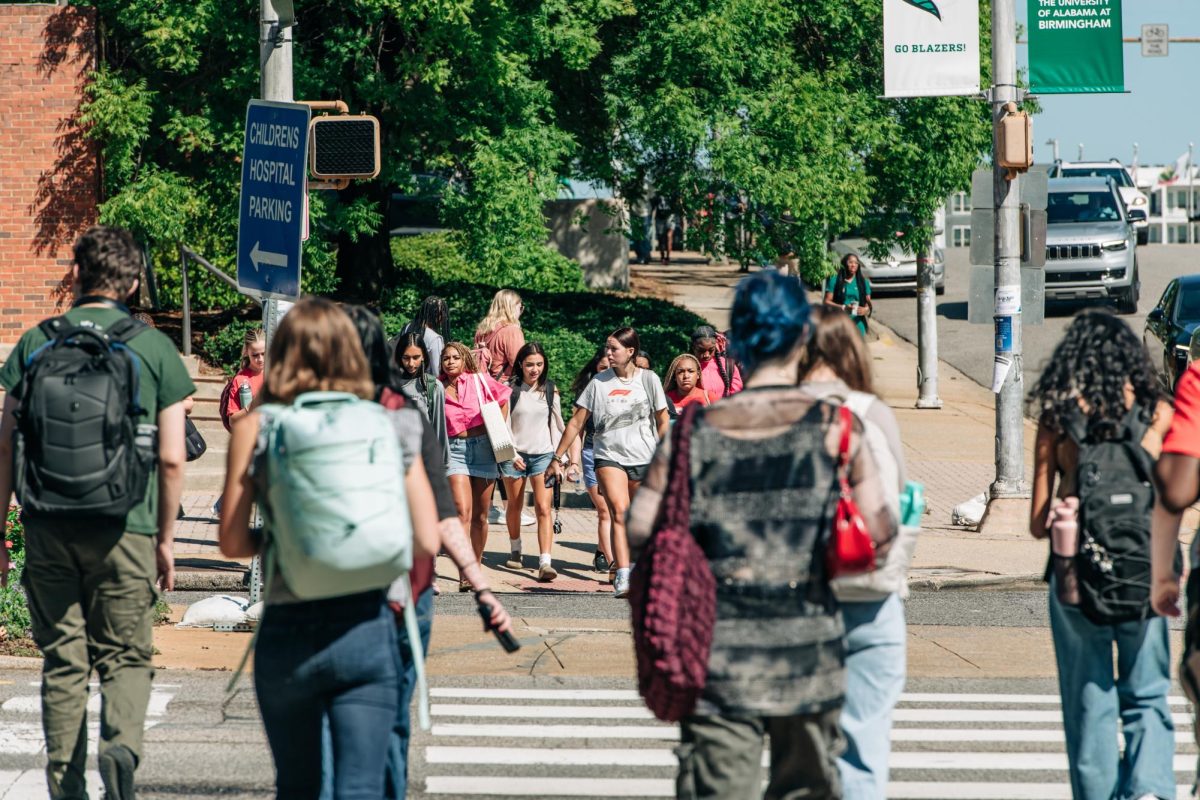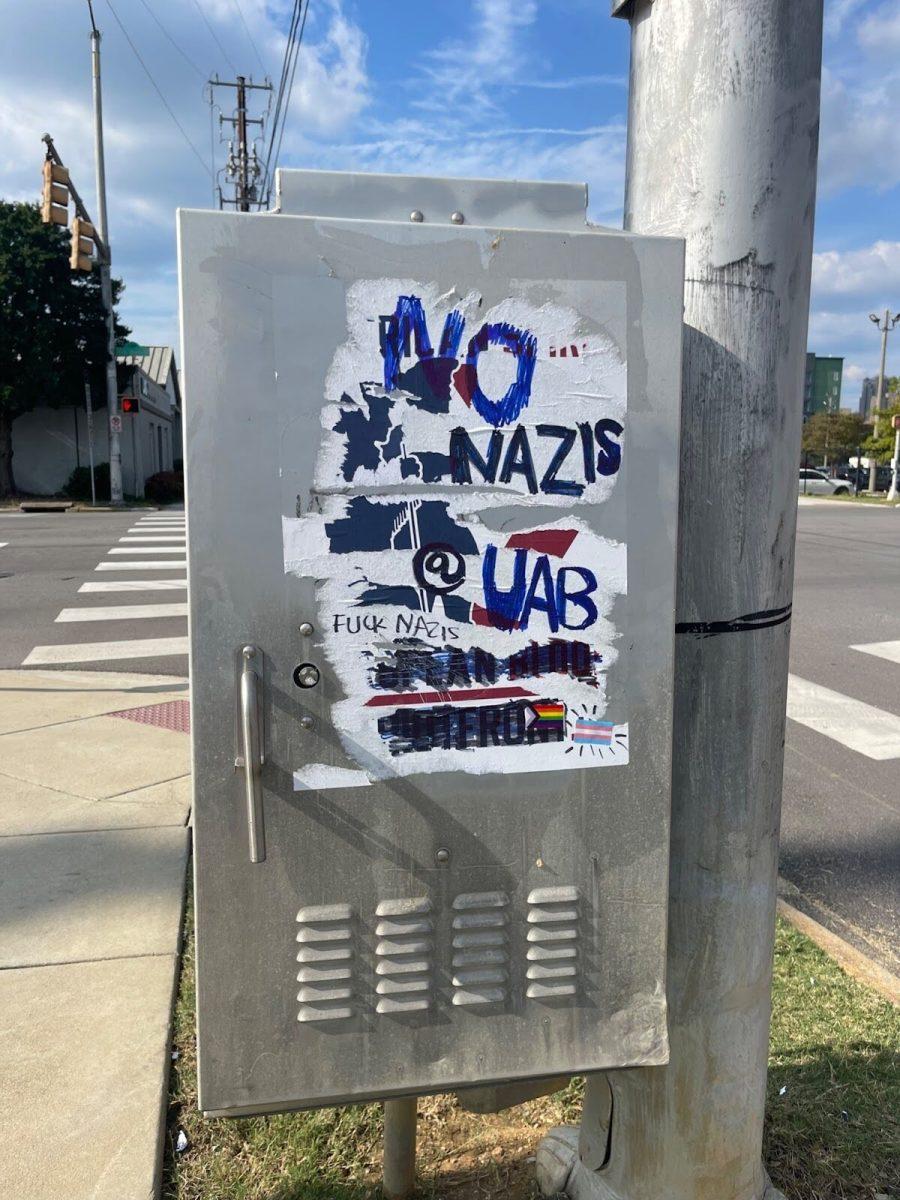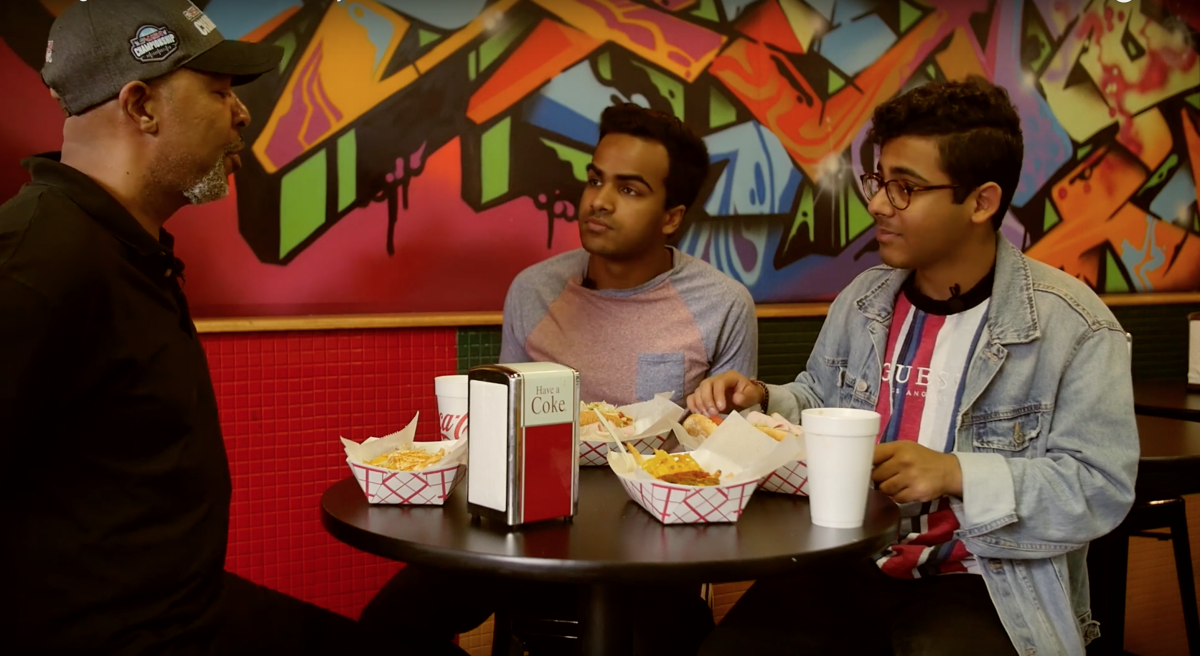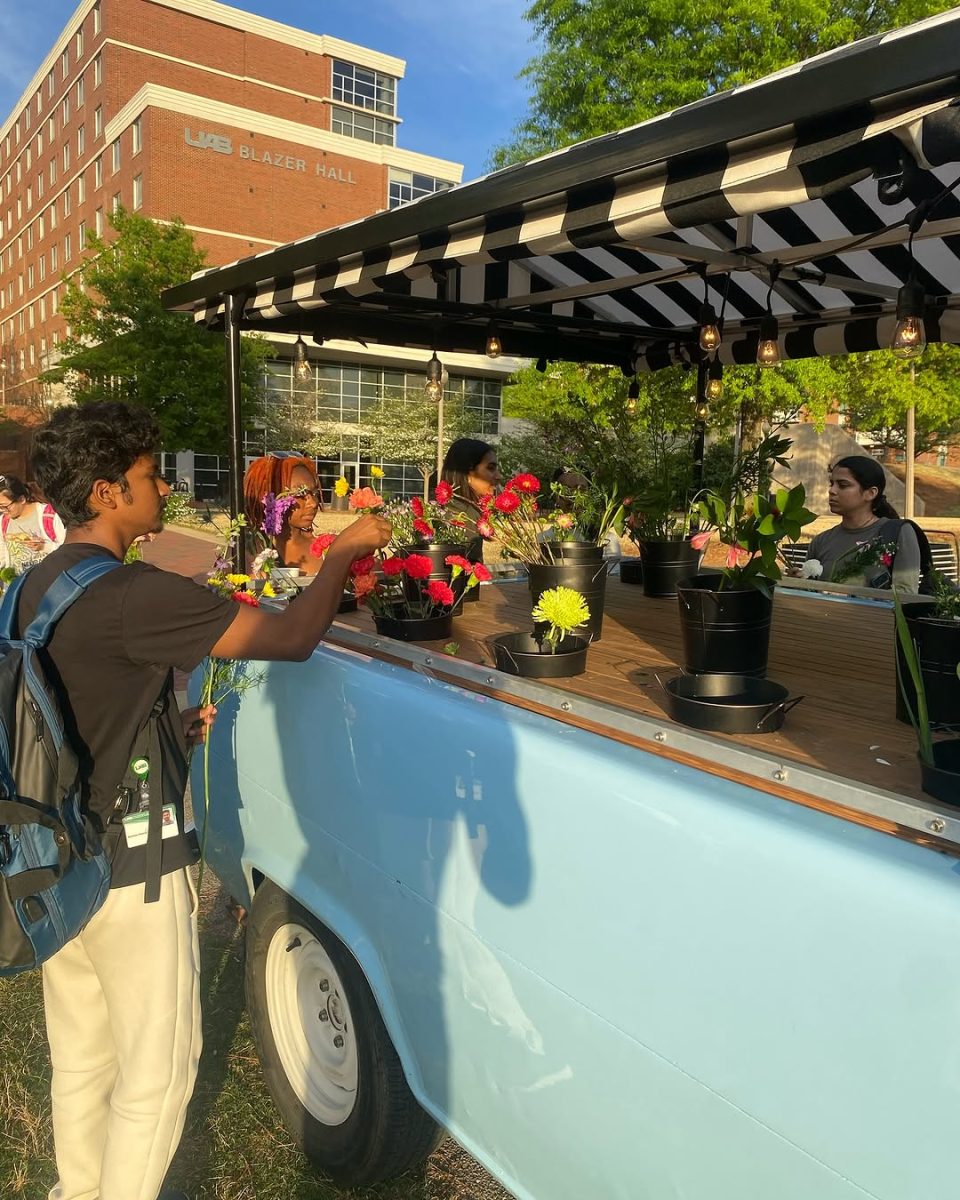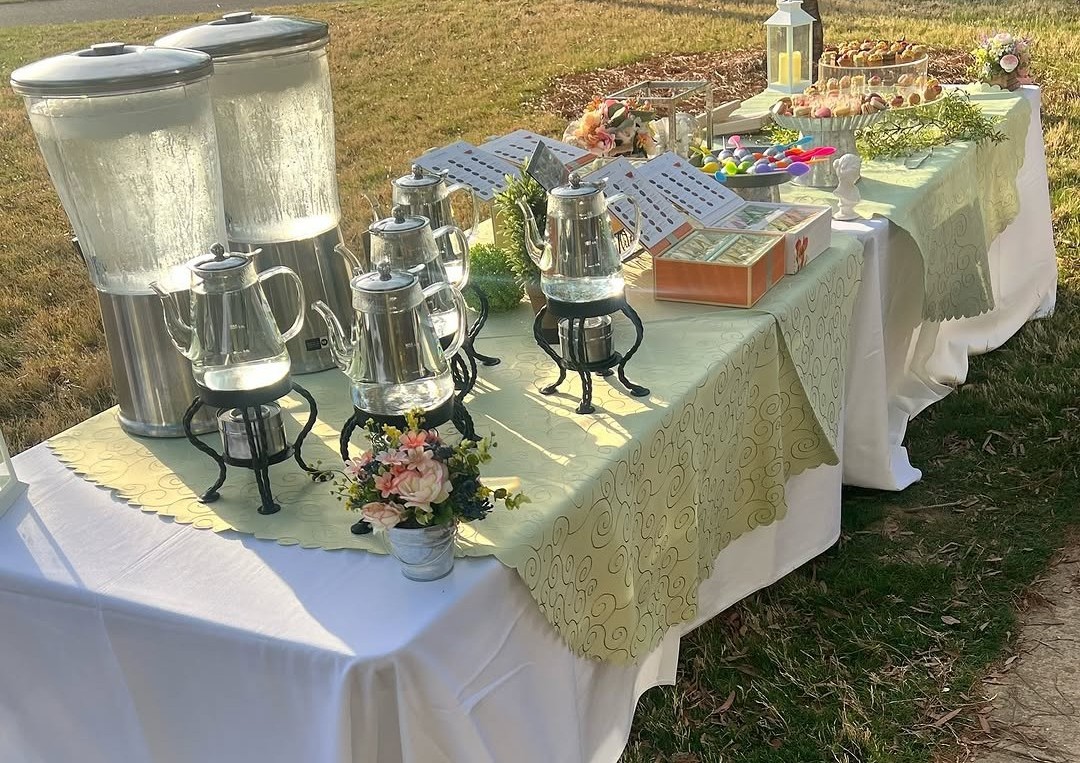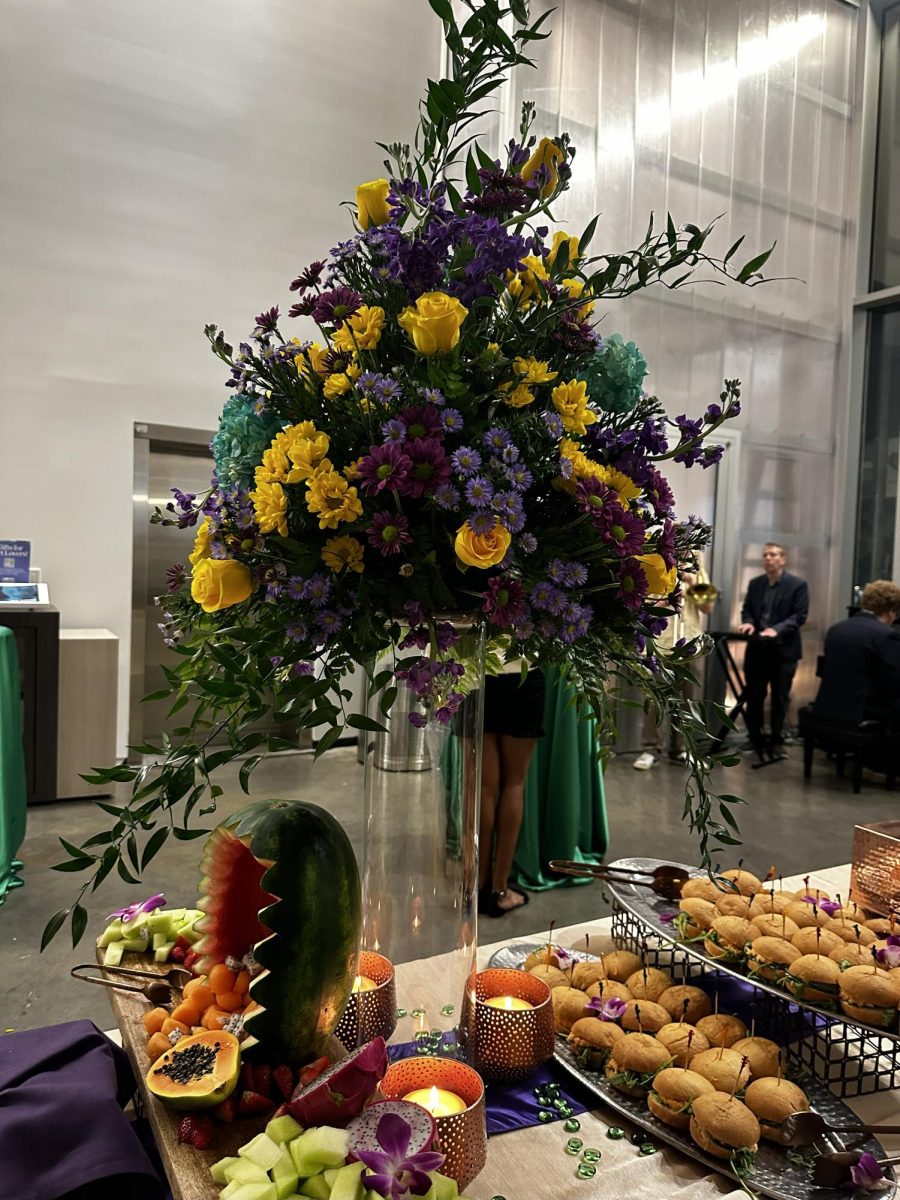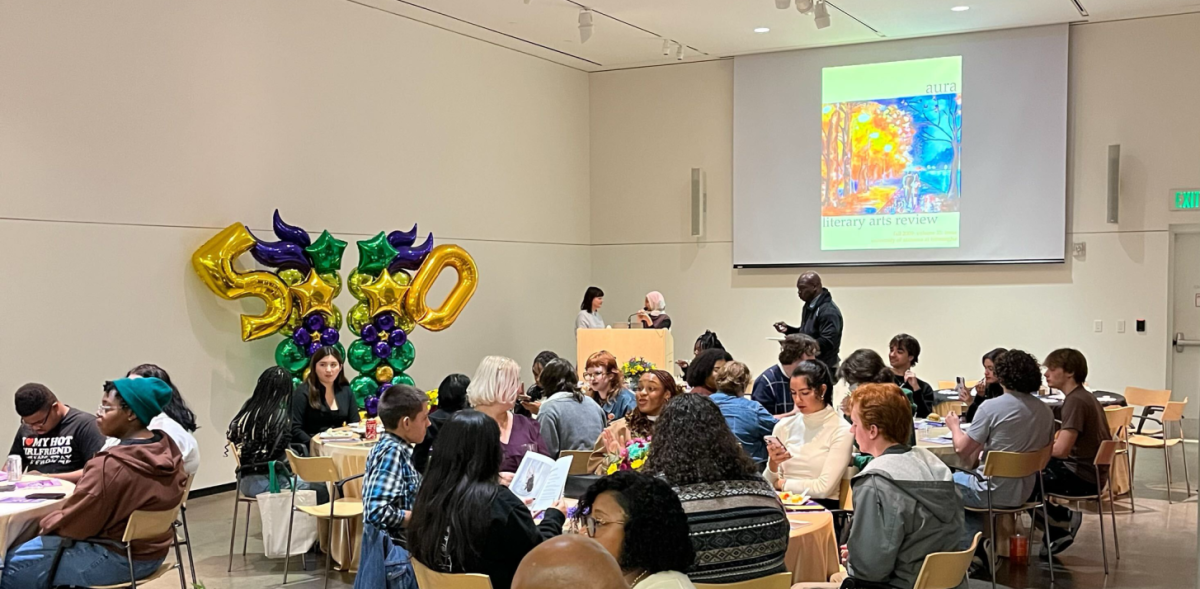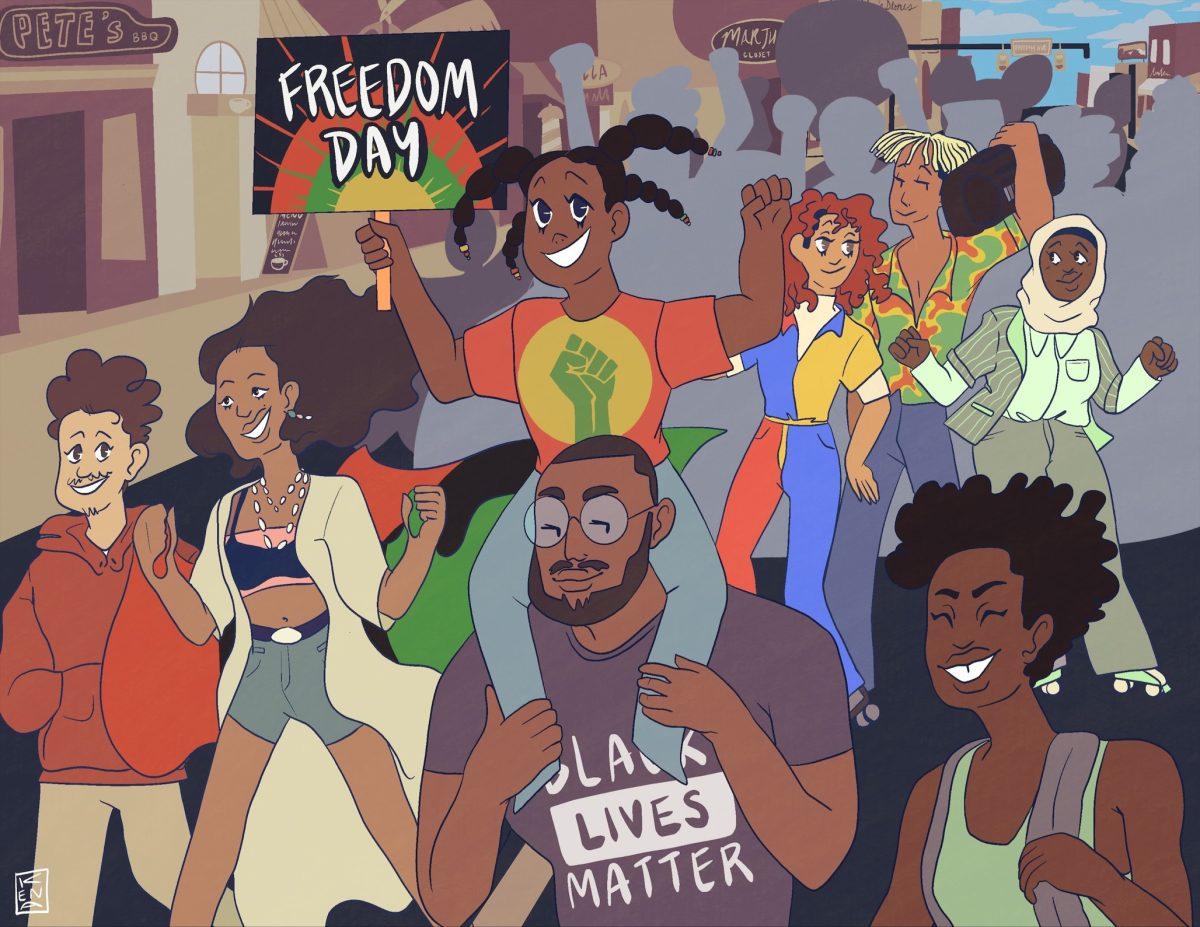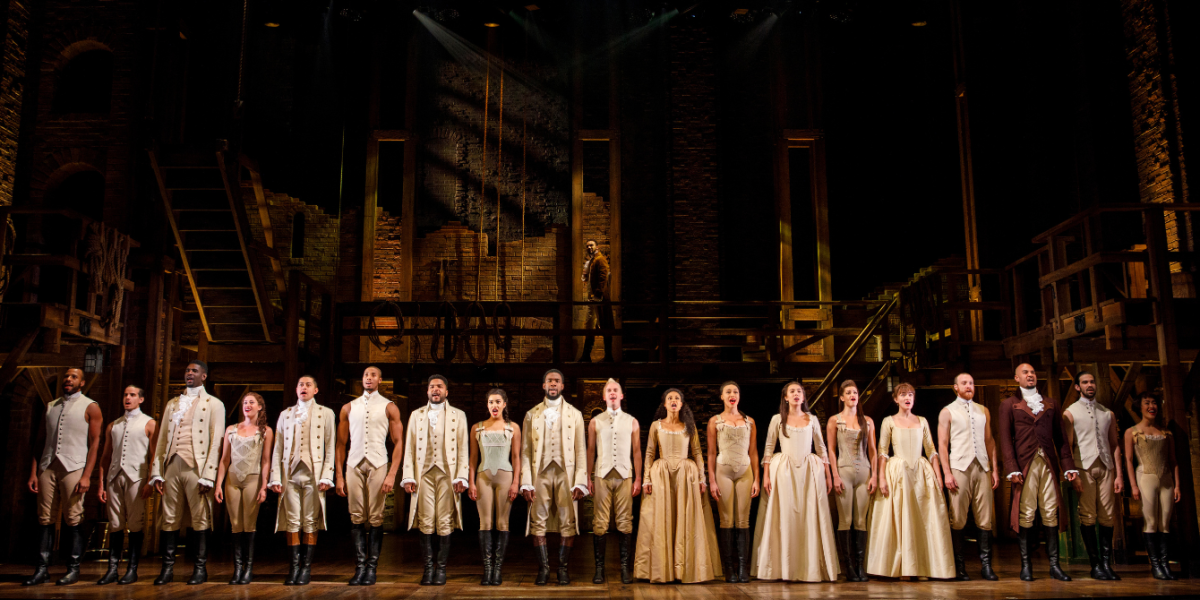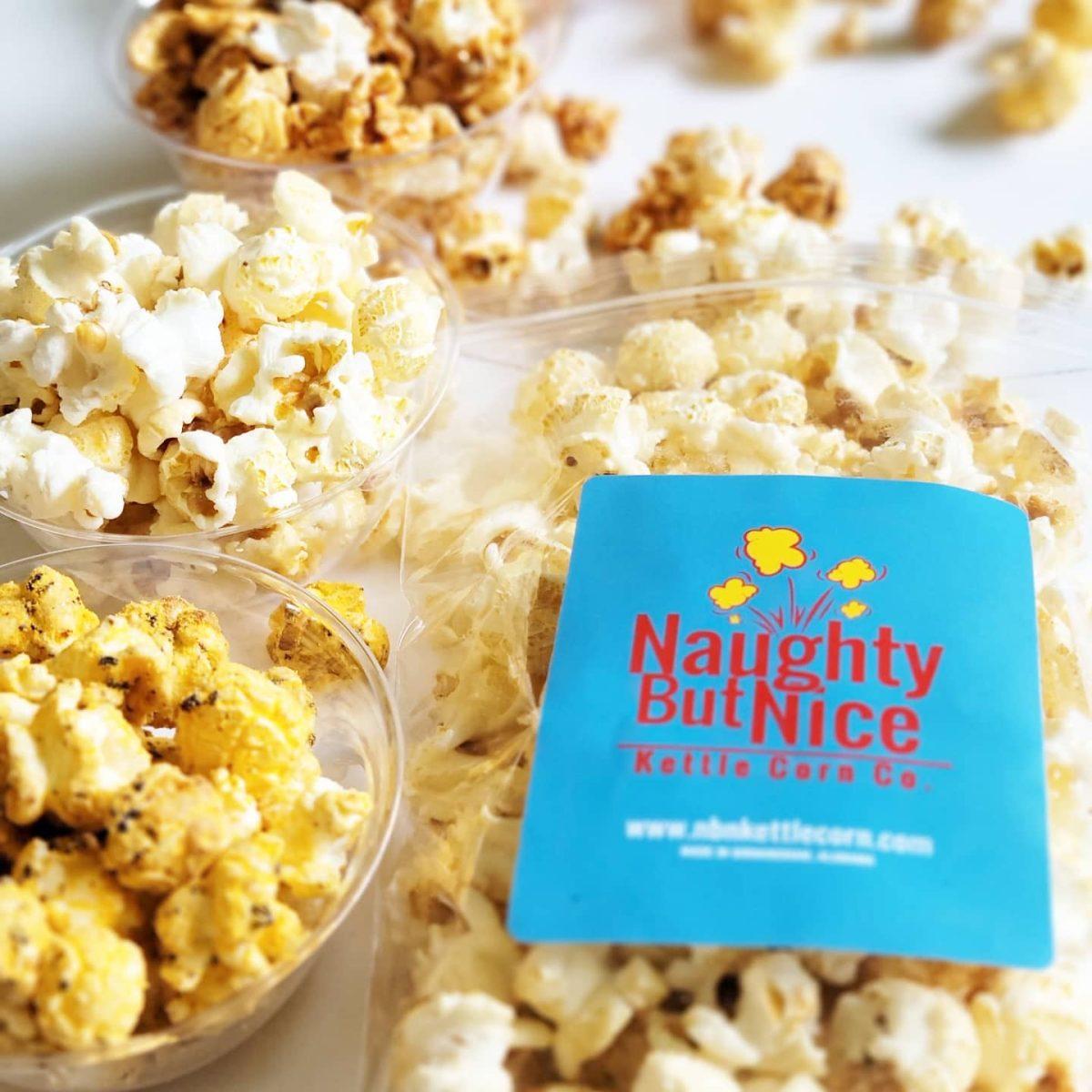By Madison Prim
Juneteenth is the anniversary of the day General Gordon Granger and Union soldiers arrived in Galveston, Texas to announce that all 250,000 slaves in the state were free. After over 400 years of being in bondage, the day of liberation had finally come.
“We have to celebrate the resilience of slaves who endured horrific, unimaginable conditions,” said Dr. Kathryn Morgan, Ph.D., director of the African American Studies program at UAB as well as a native Texan.
Texas didn’t make Juneteenth an official state holiday until 1980, though Black Americans saw it as their true Independence Day long before then.
Juneteenth is a day for the Black community to come together, not only to celebrate, but also to reflect on how far they’ve come and where they are going. It’s a time to gather with friends and loved ones to commemorate the occasion.
Dr. DeReef Jamison, Ph.D., an African American Studies professor at UAB, said food plays an important role in the celebration as well. People have red foods and beverages at barbecues, cookouts and festivals celebrating Juneteenth.
“Red foods and beverages take on a special significance as a way to commemorate the blood spill from former enslaved people,” said Jamison.
Anything from Big Red soda to strawberry or red-velvet cake may be among the several different red foods at celebrations.
Morgan herself has experience with traditional Juneteenth celebrations and the significance of red foods.
“We always had Nehi strawberry soda on Juneteenth. My dad was a sharecropper, and he and everyone else had that day off. My dad’s employer would bring by a 24-pack of strawberry soda every year,” said Morgan. “It was significant because it was something slaves desired to have, but were not allowed to. When they became free, it became a staple in their celebrations.”
As African Americans started to migrate from the South to other states, the recognition and celebration of Juneteenth began to spread, and the traditions evolved. In addition to barbecues and festivals, people also started to participate in parades and rodeos. Some churches began hosting revivals or prayer services.
Juneteenth is now an official holiday in 47 states in the U.S., and lawmakers in Washington, D.C. have reintroduced a bill concerned with making Juneteenth a national holiday. This came after Opal Lee, a 94-year-old activist who is determined to get the Juneteenth National Independence Day Act passed, started a petition on Change.org and collected over 1.5 million signatures.
Juneteenth is a representation of empowerment and resiliency. It is a representation of how Black Americans were able to overcome centuries of tragedy and degradation.
We can honor this holiday by spending time with loved ones to rejoice and reflect, as well as by participating in the festivities that are available to us. Every one of us plays a role in making sure Black history is never forgotten and is continuously celebrated.
Read the preview for the Birmingham Civil Rights Institute’s Juneteenth celebration here.

